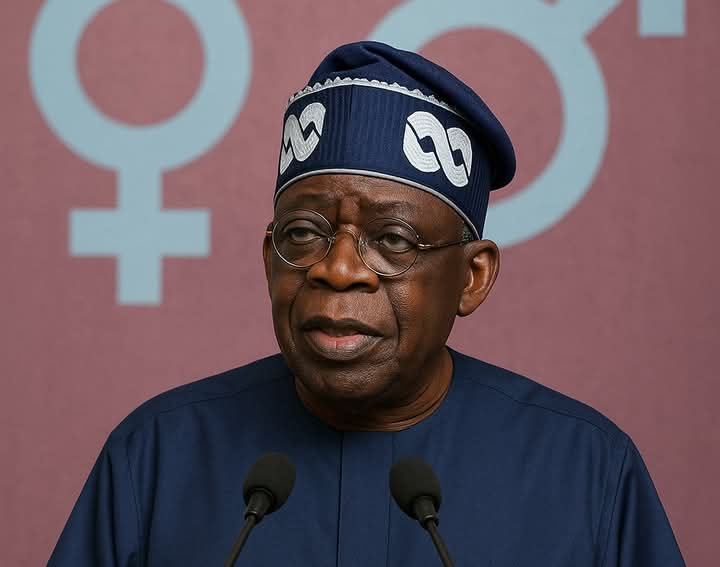Nigeria and the Republic of Benin have signed a landmark bilateral agreement to deepen integration between the two countries and set a model for broader regional cooperation within the Economic Community of West African States (ECOWAS).
The agreement was formalised during the inaugural West Africa Economic Summit (WAES) held in Abuja, with Nigerian President Bola Tinubu and his Beninese counterpart, Patrice Talon, in attendance.
Nigeria’s Minister of Industry, Trade and Investment, Jumoke Oduwole, and Minister of State for Foreign Affairs, Ambassador Bianca Odumegwu-Ojukwu, signed on behalf of Nigeria.
Benin was represented by its Minister of Industry and Trade, Shadiya Alimatou Assouman, and Minister of Foreign Affairs and Cooperation, Shegun Adjadi Bakari.
READ ALSO: Wike to Tinubu: I’m luckiest politician in Nigeria
Speaking at the ceremony, President Talon described the agreement as a bold and practical step toward achieving real regional integration.
“President Tinubu and I have agreed on full integration between Benin and Nigeria. The responsibility now lies with our ministers to implement it. Benin and Nigeria are more than twins — we are the same people. Let us show the region that integration is possible,” he said.
Mr Talon decried the stalled progress of ECOWAS, calling for urgent reforms to rescue the regional body from what he termed a state of crisis.
“ECOWAS is a perfect example of regional integration. Unfortunately, our ECOWAS is in crisis right now,” he stated.
The Beninese leader cited failed initiatives such as the West African Gas Pipeline and the underperforming West African Power Pool as evidence of systemic inefficiencies.
Due to administrative bottlenecks, he revealed that Benin now sources gas from Qatar using a floating storage and regasification unit.
Mr Talon also lamented the poor logistics along the Lagos–Abidjan Corridor, where multiple checkpoints and harassment delay trade.
“A businessman should be able to travel from Lagos to Abidjan in hours — not days — without facing harassment. That is not integration,” he said.
He warned that poverty remained the most dangerous threat to regional peace and democracy, insisting that only deeper economic integration could address it.
“If we do not address poverty through integration, our values will remain hollow.”
Mr Talon also urged African nations to prioritise their interests in light of shifting global trade dynamics.
“The trade war should remind us that nations act in their interest, and so should we. At some point, we may even have to thank President Trump for that reminder.”
“If we cannot create wealth and opportunity, all our other values — democracy, liberty — cannot be sustained. Integration must be real. Integration must be delivered.”
The summit featured national statements from the Presidents of Sierra Leone and Liberia, as well as video messages from UN Deputy Secretary-General Amina Mohammed and World Trade Organisation Director-General Ngozi Okonjo-Iweala.
Liberian President Joseph Boakai reaffirmed his country’s commitment to ECOWAS and other regional blocs, stressing the need to remove trade barriers and harmonise policies.
He praised Mr Tinubu’s leadership in convening a “timely and strategic” summit.
Sierra Leone’s President Julius Maada Bio emphasised the urgency of unlocking the region’s economic potential amid challenges such as climate change, debt, and food insecurity.
He called for stronger political will and accelerated implementation of trade policies such as the ECOWAS Trade Liberalisation Scheme and the Common External Tariff.
READ ALSO: Onanuga: Tinubu’s 2027 running mate to be chosen after APC convention
President Bio also reiterated support for a single regional currency.
“To deepen intra-regional competitiveness, we must accelerate progress toward monetary union,” he said.
The summit set the stage for the 67th Ordinary Session of the ECOWAS Authority of Heads of State and Government, scheduled on Sunday, 22 June 2025, at the State House Conference Centre in Abuja.



